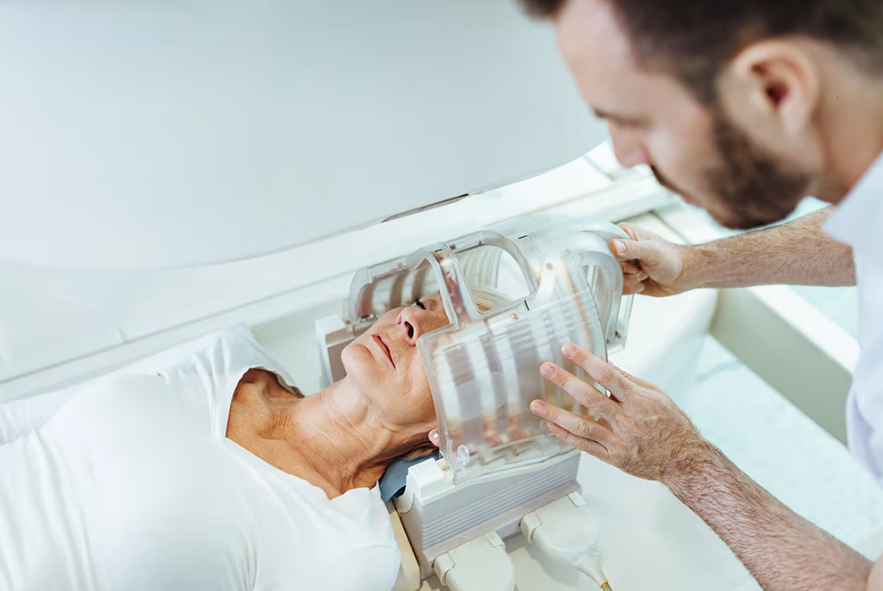Early onset dementia refers to a decline in cognitive function that occurs in people under the age of 65. The most common cause of early onset dementia is Alzheimer’s disease, but it can also be caused by other conditions, such as Parkinson’s disease or Huntington’s disease.
Symptoms of Early Onset Dementia
Symptoms of early onset dementia can vary, but typically include:
Memory loss – forgetfulness, difficulty recalling familiar people, places or events.
Confusion and disorientation – losing track of time, date or place.
Language difficulties – difficulty finding the right words, stuttering or speaking in a monotone.
Changes in mood and behavior – depression, anxiety, irritability, mood swings, apathy or aggression.
Difficulty with daily tasks – inability to perform routine tasks such as cooking, driving or handling money.
Changes in judgment and decision making – difficulty making simple decisions, taking unnecessary risks, and impulsive behavior.
The exact treatment for early onset dementia will depend on the underlying cause of the condition, but typically includes a combination of medication, therapy and lifestyle changes.
Medication – Cholinesterase inhibitors and memantine are two common types of medication used to treat early onset dementia. These drugs work by increasing the levels of certain chemicals in the brain, which can help improve cognitive function.
Therapy – Cognitive-behavioral therapy, occupational therapy and speech therapy can help individuals with early onset dementia improve their cognitive function, manage their symptoms and maintain their independence for as long as possible.
Lifestyle changes – Exercise, diet, and sleep can have a positive impact on the symptoms of early onset dementia. Engaging in physical activity, eating a healthy diet, and getting enough sleep can improve overall health and well-being.
Support groups – Joining a support group can provide individuals with early onset dementia and their families with emotional support and practical advice.
It’s important to seek medical help as soon as possible if you suspect you or someone you know may have early onset dementia. Early diagnosis and treatment can slow the progression of the condition and help maintain quality of life.

 Home
Home Health
Health Diet & Nutrition
Diet & Nutrition Living Well
Living Well More
More












